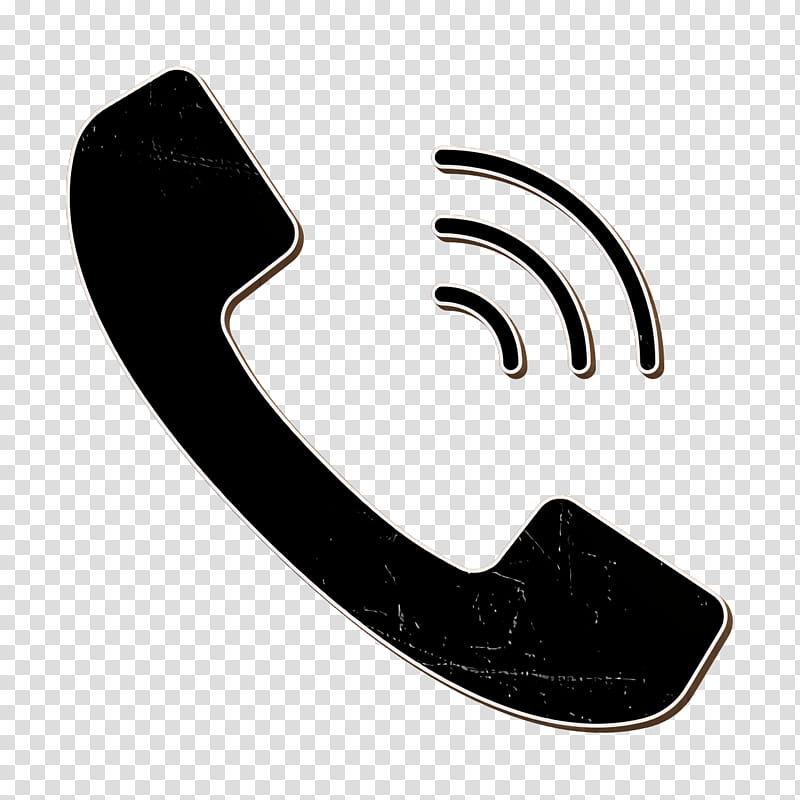


In today is digital world, a well-designed hotel website plays a crucial role in attracting guests and making their experience memorable even before they check in. With travelers increasingly relying on the internet to research and book accommodations, it is essential for hotels to have a website that not only looks appealing but also functions seamlessly. In this post, we will explore ten essential features that every hotel website should include to enhance user experience and increase bookings. This guide is ideal for hotel owners, managers, or anyone involved in the hospitality industry looking to improve their online presence.
Ensuring a seamless navigation experience is essential for guests to find the information they need quickly. Here are the critical elements for a user-friendly interface:
1. Clear Menu Structure
A logical organization of your website is vital for ensuring guests find what they need swiftly. Common categories like "Rooms," "Amenities," and "Contact" should be easily accessible. Best practices for menu design include keeping categories limited to avoid overwhelm, using easily recognizable terms, and considering dropdown menus for subcategories.
2. Search Functionality
Search features significantly enhance user experience. Including essential filtering options such as dates and room types allows users to quickly find suitable accommodations. When implementing search, consider technical aspects like speed and accuracy to ensure that results are relevant and promptly displayed.
3. Responsive Design
With more travelers accessing the internet via mobile devices, mobile-friendly design and responsive website design has become a necessity. Tools like Google is Mobile-Friendly Test can help in evaluating your site responsiveness. A well-optimized mobile site improves user experience and encourages exploration.
Visual elements are crucial in showcasing the ambiance and features of your hotel. Here’s how to use them effectively:
1. Professional Photography
Showcasing your hotel is best features through professional photography is essential. Well-taken images not only attract attention but also give potential guests a feel for the ambiance. Hire skilled photographers who specialize in hotel photography and ensure you include images of various areas such as rooms, amenities, and nearby attractions.
2. Virtual Tours
Virtual tours provide an innovative way for guests to explore your property online. By using technology options like 360-degree video or augmented reality, you can allow potential guests to visualize their experience. Such features can significantly influence booking decisions by establishing a connection between the guest and the hotel.
3. Video Content
Creating engaging videos for your website can enhance storytelling. Consider producing different types of videos, such as property tours or guest testimonials. A few best practices for integrating videos include ensuring they load quickly and are placed prominently on your homepage or relevant pages.
A seamless booking experience is critical for conversion rates. Here are the key components of a great booking system:
1. Simple and Intuitive Booking Process
A simple and intuitive booking process is the backbone of a successful hotel website. Focus on user flow by minimizing the steps required to make a reservation and ensuring that pricing and room descriptions are clear and concise.
2. Real-Time Availability Tracking
Potential guests need up-to-date information when browsing. Integrating your website with property management systems can facilitate real-time availability tracking, fostering trust with users by showing them accurate room status.
3. Secure Payment Options
Highlighting payment security measures is crucial for building user trust. Offer multiple payment methods and ensure that your site features trust signals like SSL certificates to reassure guests during the payment process.
Giving guests detailed insights into your rooms can drive confidence in their choices:
1. Comprehensive Information
Providing comprehensive information about each room, including size, amenities, and views, is imperative. Use descriptive language to highlight the unique features of each room, allowing potential guests to envision their stay.
2. Guest Reviews and Ratings
Social proof can greatly influence bookings. Consider incorporating guest reviews on your website. Displaying them effectively, perhaps on room pages or a dedicated testimonials page, can provide visitors with confidence in their choices.
3. Availability of Visuals
Images play a pivotal role in enhancing descriptions. Ensure you maintain consistency with high-quality visuals and organize them according to room types for easy access.
Showcase your location to make the guest experience more enjoyable:
1. Nearby Points of Interest
Providing context about local attractions can be a game-changer for potential guests. Create engaging content about nearby points of interest, and ensure that this information is kept updated to reflect current events and recommendations.
2. Suggested Itineraries
Offering curated itineraries allows you to tailor experiences based on different guest profiles. Presenting these itineraries, whether through an interactive section or downloadable PDFs, can engage guests even before their arrival.
3. Integration with Local Businesses
Establishing partnerships with local vendors can enrich guest's experiences. Present your collaborations and Integration with Local Businesses clearly on your website and consider promotional strategies for joint packages that benefit both your hotel and local businesses.
Breaking language barriers helps attract a global audience:
1. Importance of Language Accessibility
Language barriers can impact bookings significantly. Identify your target markets for language support and consider localizing content to reach a broader audience.
2. Implementation Strategies
Explore tools and plugins for language translation to enhance user experience. Consider investing in professional human translation to maintain authenticity and cultural relevance in your content.
3. Cultural Sensitivity
Understanding cultural differences in website design is important. Present culturally appropriate content and messaging to cater to diverse clientele, ensuring you respect and resonate with varying traditions.
Search engine optimization is essential for improving visibility:
1. Keyword Research
Identifying relevant keywords is essential for hotel websites. Focus on long-tail keywords that potential guests are likely to search for, and utilize tools like Google Keyword Planner to refine your keyword strategy.
2. On-Page SEO Techniques
Implement essential on-page seo techniques or on-page elements such as titles, headers, and meta tags. Don’t forget to use alt tags for your images and incorporate internal linking strategies to improve navigation and SEO rankings.
3. Local SEO Strategies
Optimizing for local search is critical. Create location-specific content and claim your Google My Business listing to boost your hotel’s visibility among potential guests searching in your area.
Good customer service is essential for a positive experience:
1. Clearly Displayed Contact Details
Ensuring that contact information is easy to find is critical. Provide multiple contact methods and consider highlighting your contact details across the website for ease of access.
2. Live Chat Support
Real-time assistance can significantly enhance guest experience. Implement live chat features to handle common inquiries instantly, giving guests the information they need without delays.
3. FAQs Section
Creating a well-structured FAQ section can address common guest questions proactively. This not only enhances user experience but also reduces the load on your customer service team.
Engaging content keeps visitors coming back:
1. Engaging Content Creation
Consider creating a dedicated blog section where you can share travel tips and the latest hotel news. Regular updates will keep guests engaged and encourage repeat visits to your site.
2. SEO Benefits of Blogging
Incorporating a blog on your site can improve visibility. Natural keyword integration in your posts helps enhance your SEO strategy or SEO Services while establishing your hotel as an authority in the hospitality sector.
3. Guest Contributions
Encouraging guest contributions can add a personal touch to your website. Featuring user-generated content allows visitors to see authentic experiences, which builds trust and enhances engagement.
Connect your hotel is social presence to your website for broader reach:
1. Linking to Social Profiles
Connecting your website to your social media platforms fosters a strong online presence. Display social media links prominently and encourage guests to follow and interact with your hotel is accounts.
2. Social Sharing Features
Enable content sharing to allow visitors to easily share their experiences or favorite features on social networks. This viral marketing can help expand your reach and attract new guests.
3. Displaying User-generated Content
Social proof is a powerful tool. Highlight user-generated content effectively to showcase authentic guest experiences, and develop strategies for curating posts and photos to enhance your hotel is image.
In summary, these essential features are crucial for creating a hotel website that captures attention and drives bookings. By implementing user-friendly navigation, high-quality visuals, comprehensive booking systems, and engaging content, your hotel will be better positioned to stand out in a competitive market. Prioritize these elements, and you will not only attract more visitors but also provide a delightful experience for them as they start their journey with you.
What are the most critical features for a hotel website?
A user-friendly navigation system, high-quality visuals, and a seamless online booking system are among the most critical features for any hotel website.
How can high-quality visuals improve bookings?
High-quality visuals create a strong first impression and help potential guests visualize their stay, increasing their likelihood of booking.
Why is a responsive design important for a hotel website?
A responsive design ensures that your website functions well on any device, enhancing the user experience and accommodating the growing number of mobile users.
What role does SEO play in hotel website success?
SEO improves your website is visibility on search engines, helping potential guests find your hotel more easily, which can directly increase bookings.
How can hotels effectively present local attractions?
By providing engaging content about nearby attractions and including curated itineraries, hotels can enrich the guest experience and encourage longer stays.
Lorem ipsum dolor, sit amet consectetur adipisicing elit. Molestiae modi impedit iure ducimus dolore eligendi provident praesentium nihil, nesciunt soluta.
